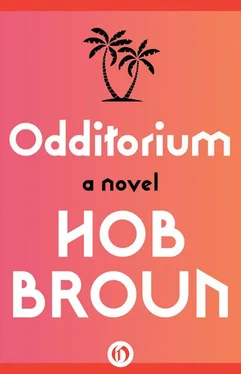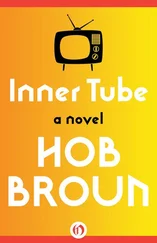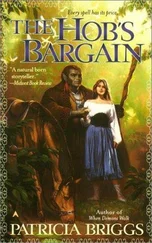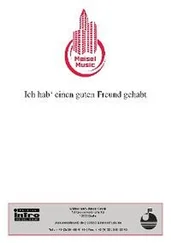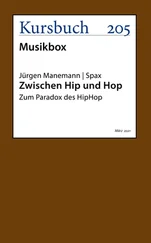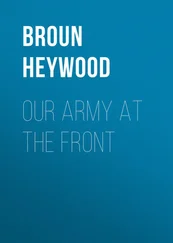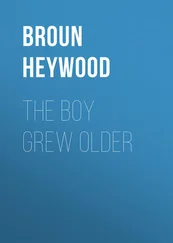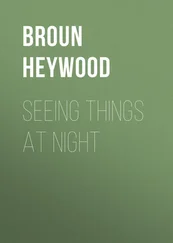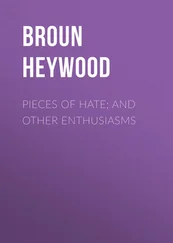“Take it easy. I didn’t want you to get, as it were, psyched out.”
“Thanks a lot. So who told you?”
“His wife.”
A sickening gyroscope spinning around his brain, Christo slumped onto the window seat. Always the last to know when the joke’s on you. Outside thinly layered snow had turned ghost blue under the moon. He pressed his fingers to the cold pane, then his eyes.
“You all right?” Pierce meant to be solicitous, but sounded annoyed.
“Relax. I’m not going to bleed on the furniture.” Forebodings were best left where they were. Trite phrases would do: “I’m tired out is all. Overworked.”
“Country air will take care of that. A respite among the evergreens, that’s my prescription.”
Christo moved his eyes slowly over the shadowy room. “I don’t know about this place. Too much gloom, too many spooks.”
“Exactly. That’s why I come here. The sacred ground of the ancestors. They’re my people, those spooks, and I need to get in touch, replenish the spirit now and then. Great uncle Lydon who owned half of Nova Scotia at one time and held the state record for brown trout up until the fifties. My grandfather, who appeared drunk before the Supreme Court. And Granny Syl, she gave me the money to swing my first major dope deal. I told her I needed something to live on while I wrote a novel. But they’re all gone now and I’m the only one holding on. My parents come here for a week every summer and bitch about the property taxes. So it’s me. Everything flows into me. The magic fucking power of the ancestors and I’m the only one who sees how valuable it is.”
“How valuable it is,” Christo repeated. “I despise the rich.”
They dined on a muddy goulash of canned goods and went early to bed.
These rooms were glacial with gentility, outlined in trickery and clutter, overfed on the trivial seductions of the past — yachting trophies on the mantel, seashells in a reed basket, a fez set rakishly atop a bust of Longfellow. Christo could only react to it as a job site. He’d been checking the layout all morning, conjecturing what ought to be taken and what left behind: the thief’s triage. And he was watched every step of the way by the brushstroke eyes of china statuettes, the faces in countless photographs whose posed implications were as unbending as noon light on rich wood surfaces all around, brown in a dozen languages.
On the porch in his overcoat, Pierce hunched over his typewriter, banging away at preliminary notes for a detective story. No title yet, but it would involve treachery on the international commodities market and plutonium secreted in someone’s toothpaste.
Over the last few days they had not been getting along well. Tension and close quarters: a recipe for spite. Pierce didn’t help matters any by making a point of competition — gin rummy, backgammon, twenty questions, even Candyland and Lotto, children’s board games dredged up out of musty drawers.
“Enough,” Christo protested. “Even boredom is better than this.”
“We just need to find a game you can win at.”
In the evenings Pierce would fry potatoes, broil some previously thawed chops, uncork yet another bottle of wine. Afterward they’d listen to the radio or to hissing 78’s of Paul Whiteman, Vincent Lopez and his Hotel Pennsylvania Orchestra. Then finally, one of them would cross out another box on the calendar; one less hindrance in the way of Hash Wednesday on the sixteenth.
While Christo displayed classic cabin fever symptoms, wandering aimlessly from room to room and talking to himself, Pierce grew increasingly preoccupied. He disappeared for hours into glassy contemplation, spoke cursorily, and only when prompted, of their deal. Would the turnover take long? Had he lined up buyers in advance? Pierce would mumble and shrug, treating the whole thing as an intrusion on his pensive vigil. Christo saw this aspect of his partner’s personality both as a surprise and as something he should already have guessed. Here, in the blunt context of Bleak House (the apt name Christo had found on the tooled spine of a book), was the truth for which Pierce had been overcompensating all along. He was not so very different from his sister, no more removed than she from the onerous requirements of Family. Christo wondered whether he had ever considered suicide.
“Writing is no better than factory work,” Pierce said now, shivering as he came in from the porch. “How about some lunch?”
“We just had breakfast two hours ago.”
“If there’s something you’d rather do than eat, let’s hear it.”
So, while Pierce made busy with skillet and spatula, Christo sat acquiescently at the big oak table. He toyed with a wooden napkin holder in the shape of a turtle. Probably made in some blazer-school shop class and wrapped up for Christmas. Granny had developed a fixation for turtles; they were all over the place, in needlepoint, on coffee cups. One more compulsory tradition.
“I was thinking this morning I might move up permanently.” Pierce served a tunafish-and-green-bean omelet. “Somehow I feel a lot closer to reality here.”
“You’ll get over it.”
“It’s more than a passing mood.” Pierce pointed with his fork. “You don’t come from anywhere, that’s your problem.”
“You’re pulling rank on me now?”
“I only mean to tell myself not to waste explanations on you.”
Christo pushed away from the table. “This tastes like soap.” His scalp tingled with exasperation.
Pierce had to be dragged from under the blankets on Wednesday morning. All the way down in the car he complained of swollen glands.
“You want to stop at a diner for chicken soup?”
“No, let’s get this thing over with.”
But by the time they reached the customs terminal in Port Elizabeth, Pierce had regained his urban gloss and laughed at his own jokes. After all that down time on the Milbank acres, Christo found the industrial landscape soothing and was able to dismiss the vague unease that had been plaguing him. All cut and dried, really. The hard part was already done; the rest was mere processing. Documents in hand, he went to claim his property.
All omens were good. The Sombra had arrived slightly ahead of schedule and the off-loading was already done. The sun was shining and the customs agents looked tired and complacent. Still, he noticed, they’re wearing sidearms.
“Lived in New York long, sir?”
“I hear these babies don’t get the good gas mileage.”
Inspecting the Rover from front to back, they small-talked him, the usual testing for nerves. Christo answered placidly, in no hurry. Then they brought out the German shepherd. No problem, he reminded himself. That’s why we layered red pepper on top. At a whistled command, the dog bounded into the front seat, sniffed busily with ears pricked and tail wagging.
“Okay, Rusty.” The agent snapped his leash back on, slipped him a biscuit. “Follow me please, sir.”
The voice was dry, uninflected; handcuffs jingling on the agent’s belt were astonishingly loud. Christo felt momentarily that all was lost and it was too late to run. But all they wanted from him inside was his signature on a few more forms.
With Pierce leading the way in the Packard, he headed at last for snug harbor in lower Manhattan.
Looie met them at the elevator gate with a coil of yellow extension cord in one hand and a circular saw in the other.
“Could we get started right away? I’m hosting a poetry reading tonight.”
He put on a scuba mask to protect his face from flying particles and went to work on the Rover’s rear panel, careful not to push the saw too deep and tear up the merchandise. Pierce was doing figures out loud, lauding their profits-to-be. Christo was holding his stomach. Something was wrong with the noise of the saw. When Looie started cutting the second leg of the rectangle, the bottom edge dipped, meeting no resistance.
Читать дальше
